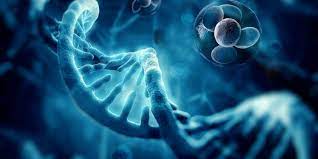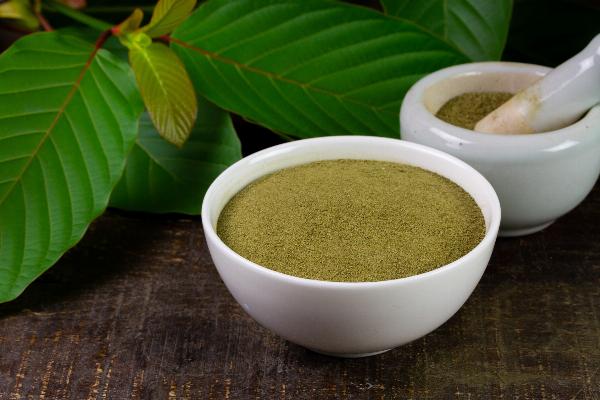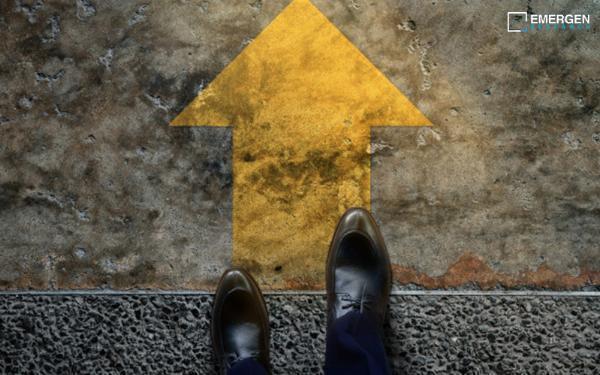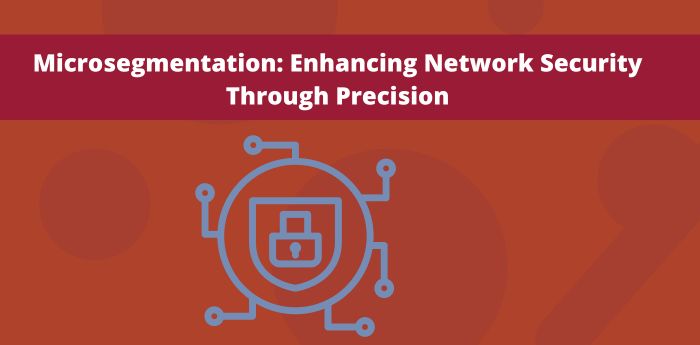Eco-Luxury: The Rise of Vegan Silk Sheets as a Sustainable and Luxurious Alternative to Traditional Bedding
Creating a sanctuary in your home often revolves around the bedroom, where we seek rest, rejuvenation, and peace. However, the way we furnish our bedrooms is evolving beyond just comfort and aesthetics. It's now about sustainability. One of the latest innovations in this eco-conscious shift is the use of eco-friendly bedding materials, such as bamboo and eucalyptus-based fabrics, which offer a luxurious and ethical alternative to traditional bedding. Traditional silk has long been hailed as the epitome of luxury, but few people consider the cost behind its shimmer. Traditional silk production involves boiling silkworms alive in their cocoons to extract the fibers, a process considered cruel and exploitative by animal rights advocates. Beyond the ethics, traditional silk is also resource-intensive, requiring large amounts of water and energy and often involving harsh chemicals during dyeing and processing. This makes it a poor fit for consumers who are increasingly conscious of both animal welfare and environmental impact.
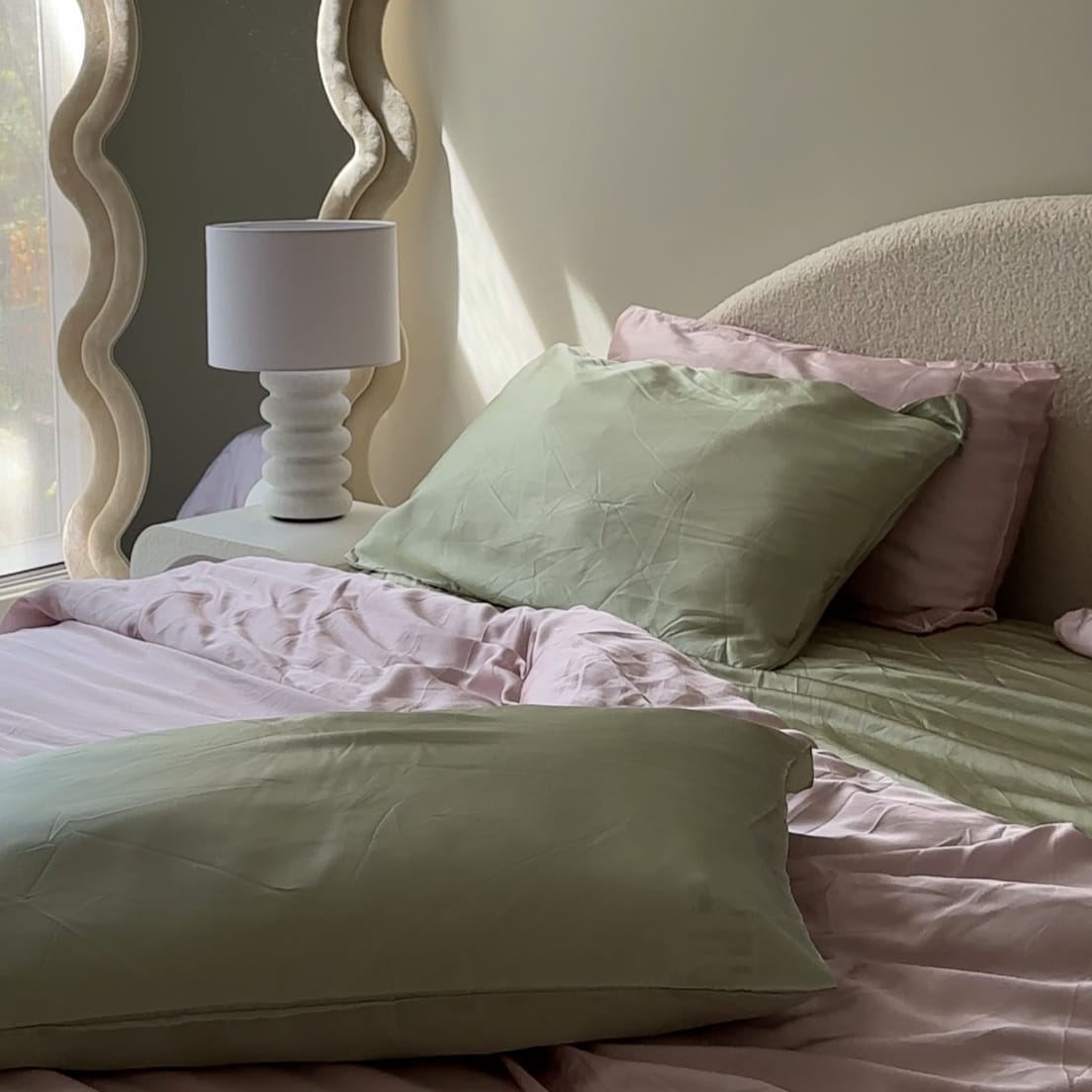
Eco-friendly bedding materials such as bamboo and eucalyptus-based fabrics offer a sustainable solution for conscious consumers. Let's break down why they're quickly becoming the go-to choice for eco-friendly bedding:
- Cruelty-Free Comfort: No animals are harmed in the production of these eco-friendly fabrics. Brands like Myntlab prioritize cruelty-free materials, ensuring that you can sleep easy—literally and ethically. For vegans and animal lovers, this is a no-brainer.
- Sustainable Materials: Many eco-friendly fabrics are derived from renewable plant sources like bamboo or eucalyptus. These plants grow quickly, require little water, and don't need pesticides, making them far more sustainable than cotton or traditional silk.
- Low Environmental Impact: Eco-friendly fabrics often come from closed-loop production systems—meaning water and solvents are reused and recycled—significantly reducing pollution. In contrast, traditional silk production often releases dyes and waste into nearby ecosystems.
- Biodegradable and Non-Toxic: Most plant-based fabrics are biodegradable, meaning they won't sit in landfills for decades after they've served their purpose.
- Breathable and Temperature-Regulating: Eco-friendly fabrics aren't just sustainable—they're smart. Many of these plant-based fabrics naturally wick away moisture, regulate temperature, and allow for breathability, making them ideal for all seasons.
Style Without Sacrifice
If you're worried that going eco-friendly means giving up luxury, think again. Eco-friendly fabrics deliver on style and comfort. They have the same soft, silky feel of traditional silk—sometimes even better—without the slipperiness that can make silk sheets difficult to manage. Myntlab's collection of eco-friendly bedding comes in a variety of modern tones and minimalist designs, perfect for any bedroom aesthetic. Whether you're into soft neutrals, moody jewel tones, or bright, airy palettes, you don't have to sacrifice beauty for sustainability.

Additionally, eco-friendly fabrics are hypoallergenic and skin-friendly, making them a great choice for those with sensitive skin or allergies. With their combination of luxury, sustainability, and comfort, eco-friendly bedding materials are quickly becoming the go-to choice for those who want to create a sanctuary in their home without compromising on their values or their sleep experience.
The advent of Vegan Silk Sheets offers a sustainable and luxurious alternative to conventional bedding that paves the way for an eco-conscious yet exquisite sleep experience.
The ascendant of Eco-Luxury, particularly the emergence and sophistication of vegan silk sheets as a sustainable yet exquisite alternative to traditional bedding choices underscore an important shift towards Green Luxe in our search for comfort that is both environmentally friendly.
Eco-Luxury's perspective on vegan silk sheets as a sustainable and luxurious alternative to traditional bedding underscores the growing embrace of responsible luxury in today’shifting consumer behaviors.
Eco-Luxury beautifully showcases how vegan silk sheets, with their combination of sustainability and luxurious feelings主宾短语补充], are poised to replace traditional bedding options as the ultimate luxury choice for ecopreneurial consumers seeking a more sustainable future.
Eco-Luxury: The Rise of Vegan Silk Sheets presents a promising new frontier in sustainable living, offering luxury bedding alternatives that are not only gentle on the environment but also reinspire our appreciation for refined living without compromising ethical principles.
Eco-Luxury: The Rise of Vegan Silk Sheets underscores the significant shift towards ecoefficient and opulent alternatives, demonstrating how vegan silk sheets have become a sustainable luxe choice for discerning individuals who embrace luxury without compromising on environmental responsibility.






